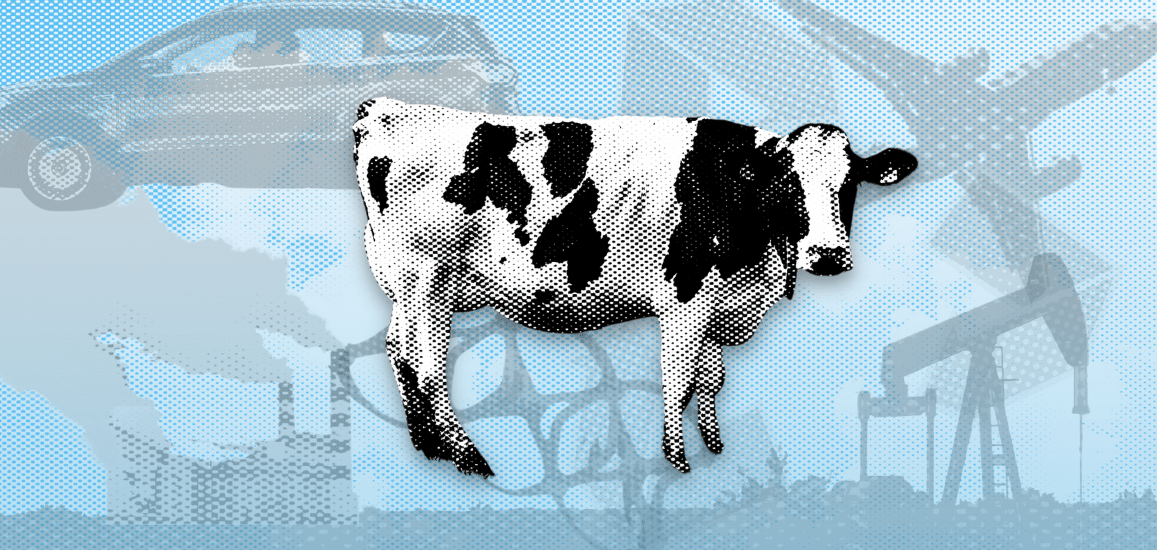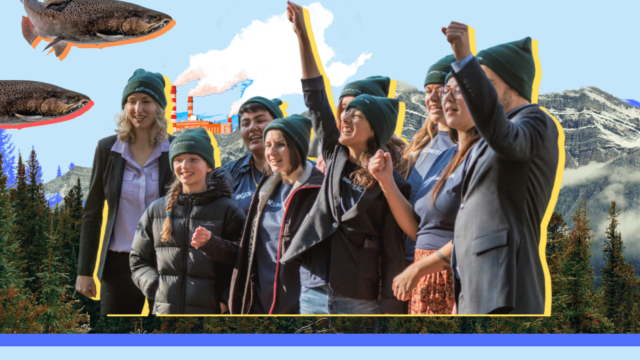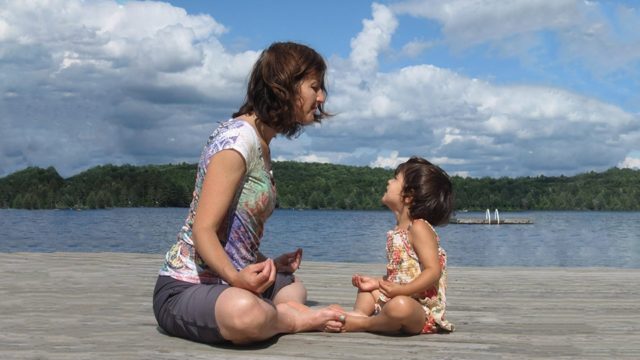When it comes to stopping climate and ecological breakdown, it can sometimes be hard to know what works and what doesn’t. For every “Going vegan will save the world!” headline there’s another that warns of deforestation done in the name of soy or how much water goes into making almond milk. So what’s a concerned citizen to do if they want to reduce their carbon footprint?
Fossil fuel propaganda
Well, probably stop using the phrase ‘carbon footprint’ for a start. Developed by marketing agency Ogilvy & Mather for BP — that’s right, the second largest non-state owned oil company in the world — the term took hold in the early aughts. When BP released its carbon footprint calculator in 2004, it shifted the conversation. Climate chaos, it seemed, was our fault. Our selfish desires to buy food and drive to work and fly to see family were all leaving an outsized carbon footprint. It was a stroke of marketing genius. After all, you can picture a footprint; who can picture greenhouse gases?
This way, BP — the company behind the largest marine oil spill in history — could distance themselves from their role in global heating and have us pointing fingers at each other for not cycling everywhere. Or going vegan. Speaking to Mashable, Harvard University’s Geoffrey Supran, who studies the tactics of fossil fuel interests, suggests switching your language to “fossil fuel footprint”, “fossil fuel emissions”, or “fossil fuel pollution” instead. That way, we remind ourselves where the real blame lies.
Systemic change
How does this relate to veganism? And where does Ecojustice come into it? Firstly, it shows how polluters distract us from their guilt by focusing on individual choices and “green” consumerism. They would rather have us hamstrung by fears of hypocrisy than act. Think how every time a climate conference is on, critics gleefully point out attendees who flew there, as if that gotcha! moment negates anything they have to say.
Ecojustice takes aim at the root cause of the climate crisis. We use existing environmental laws to take politicians and polluters to court when they act illegally, and we help come up with better laws to protect the planet.
Secondly, if we could “individual action” our way out of this mess, then the pandemic — which saw many of us working from home and certainly not flying — would have had a bigger impact on the levels of atmospheric carbon dioxide than it did. But we hit a record high. Power plants and industries continued doing what the system designed them to do: produce.
Social contagion
Of course, there’s a point to be made that while your individual efforts won’t make much difference, the ripple effect of your behaviour might. After all, put solar panels on your roof and chances are your neighbours will too. Perhaps the American journalist Ezra Klein put it best when he said:
“Don’t think about consumption — even your consumption — as ‘individual’. Think of yourself as a node for social, political and moral contagion.
I don’t think my personal decision to not eat meat is that important. On the scale of the global animal trade, it’s meaningless. But I caught my veganism from my wife. Other people have caught veganism or vegetarianism from me. And it’s in that way that individual attitudes ladder up to social attitudes, and then to social and political change.”
Collective action
So about that veganism.
There are many, many reason why some people choose to adopt a plant-based lifestyle and many, many reasons why some people don’t. For some it’s not even a choice. Many Indigenous Peoples, for example, hunt to survive using sustainable practices dating back thousands of years. For others it’s a question of cost or accessibility.
Swap veganism for electric cars, sustainable fashion or a zero-waste lifestyle and the principle still stands: stop calling out other people’s perceived failings. It works in Big Oil’s favour when we set the bar for environmental “purity” so high that no human could hope to meet it. Don’t let that stop you from doing your part. Sign a petition. Join a local group. Let your MP know what matters to you. In the words of environmentalist and author Sami Grover, we’re all climate hypocrites now.
Want to learn more?
Ten ways to confront the climate crisis without losing hope





